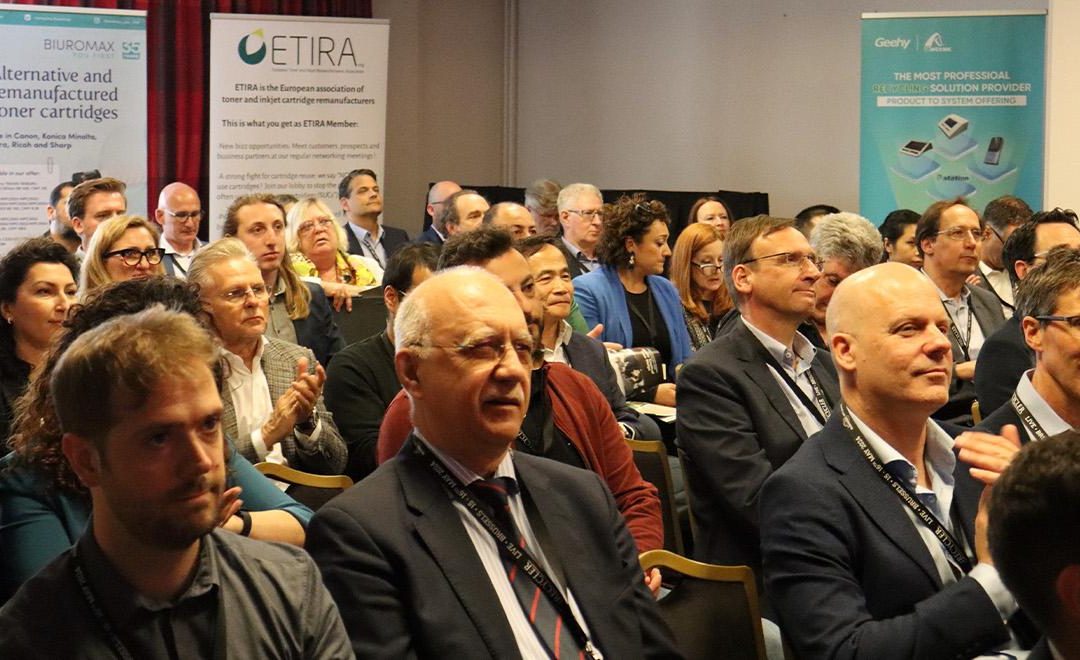The Brussels-based Right to Repair organisation urges negotiators to keep the following six crucial provisions, which the European Parliament introduced.
European Parliament proposes transformative measures for consumer repair rights, embracing sustainability and challenging throwaway culture. The landmark decision has proposed a series of transformative measures to empower consumers and foster a sustainable, circular economy. These six key initiatives significantly shift consumer rights and environmental responsibility.
 The first of these measures is establishing a universal right to repair for all products. This move comes in response to the growing European inclination towards a circular economy, as evidenced by the increasing popularity of repair cafés. The proposed regulation seeks to encompass a wide range of products, reflecting the public’s burgeoning interest in product longevity and repairability.
The first of these measures is establishing a universal right to repair for all products. This move comes in response to the growing European inclination towards a circular economy, as evidenced by the increasing popularity of repair cafés. The proposed regulation seeks to encompass a wide range of products, reflecting the public’s burgeoning interest in product longevity and repairability.
Another significant proposal focuses on ensuring broad and affordable access to repair resources. This step is crucial in building a strong European repair economy. It seeks to provide consumers and repair professionals with the necessary tools and information, enabling more efficient and widespread repair practices.
Transparency in the pricing of spare parts represents another cornerstone of these measures. Advocates are pushing manufacturers to list spare part prices on their websites publicly. This requirement aims to regulate and standardise pricing, making repairs more accessible and affordable for the average consumer.
The fourth measure is a progressive step towards embracing compatible parts and banning anti-repair practices by manufacturers. This initiative aims to break the monopoly of original manufacturers on repair resources, offering more affordable repair options and promoting a more comprehensive range of choices for consumers.
Financial incentives for repair are also on the table, inspired by successful schemes in Austria, Germany, and France. The proposed introduction of repair funds and vouchers by Member States aims to lower the cost barrier, incentivising repair over replacement. This move could significantly impact the local circular economy and reduce environmental strain.
Lastly, the proposal to prioritise repair over replacement in legal guarantees represents a paradigm shift in consumer rights. This approach suggests that, in cases of product non-conformity, repair should be the preferred option over replacement, especially when costs are comparable. This change could significantly extend the lifespan of products and reduce waste.








